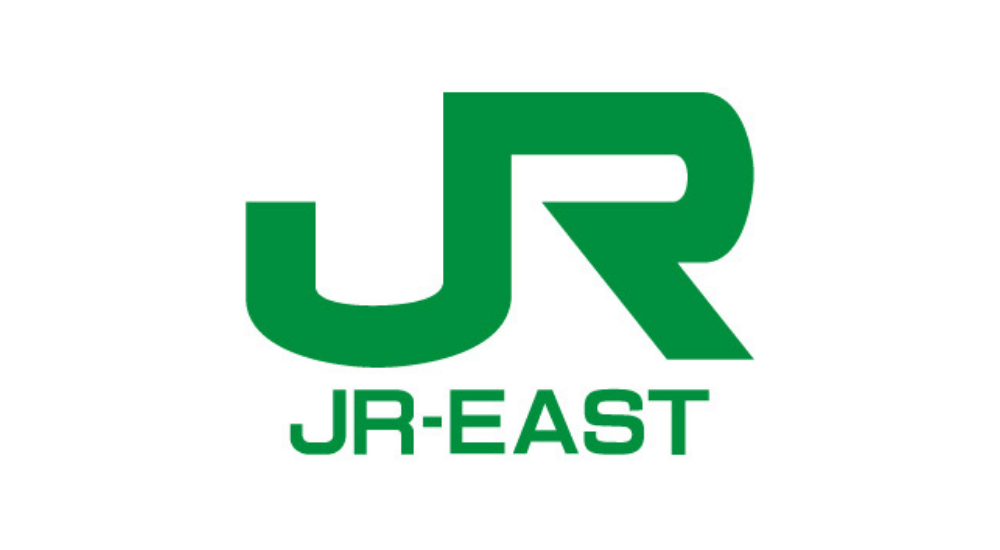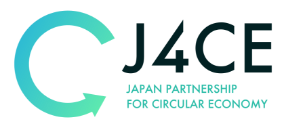
East Japan Railway Company
Basic values and policies for initiatives towards circular economy
We, JR East Group, fulfill a wide range of important functions in the daily lives of customers and are indispensable to local communities and society. Therefore, for us, environmental problems are social issues that cannot be avoided. As such, by tracking social issues from a medium-to long-term perspective, we will gain further trust from our customers and local communities, which will lead to sustained growth for the entire Group. Based on that, we set up materiality of “Enriching the Global Environment, and as a sub-materiality, we set “Circular Economy”.
As an initiative related to Circular Economy, we work 3R(Reduce, Reuse, Recycle) initiatives for reducing waste generation and disposal amount.
In particular, we schedule to make capital investment in waste plastic recycling business, including renovation of JR East Tokyo Resources Recycling Center. And we aim to circulate resources within the JR East Group by collaborating with group companies to further collect, recycle, and use waste such as waste plastics and food waste within the Group.
Market opportunities and our strengths in circular business
Based on the trust of our customers and local communities, the Group has been developing a wide range of businesses: one related to Mobility and others leading to Lifestyle Solutions for our customers. Based on these two, our business has three aspects: developing businesses based on strategy; increasing integration and collaboration in the Group's businesses and work; and undertaking ambitious initiatives in new fields. These three aspects contribute to the combined strengths of the Group and are incorporated into our three main services: Transportation, Lifestyle, and IT & Suica. The overlapping of the three services creates new and unique value for the Group.
Through this creation of value, the Group will work to solve social issues and achieve sustainable growth based on the two business pillars of Mobility and Lifestyle Solutions. At the same time, we will realize enriched lives for our customers, local communities, our shareholders and investors, and our employees and their families.
Setting indices/targets
Mindful of the risks posed to railway operations and business by climate change, we set two major KPI for fiscal2031: a 100% recycling rate for waste (PET bottles) generated at stations and on trains, and a 73% (compared with fiscal 2014) recycling rate for waste (general/industrial) (for all Group companies). In fiscal 2023, the recycling rate for PET bottles is 97%, which is close to the target figure, and the waste recycling rate is 79%, which is higher than the current rate.
Implementation system
With respect to the management system for implementing sustainability strategies, the Sustainability Strategy Committee, which is chaired by the president and CEO, has been established to set and promote the Group’s basic policies and other measures with a view to addressing various social issues and realizing a sustainable society.
Reference URL
https://www.jreast.co.jp/eco/pdf/
